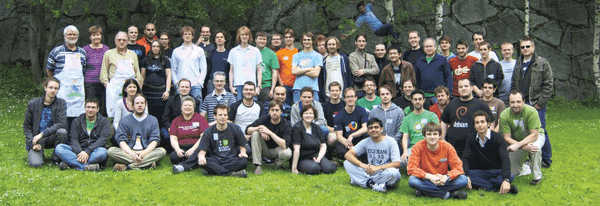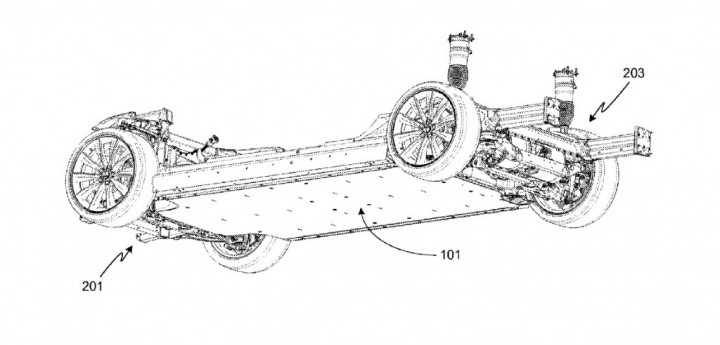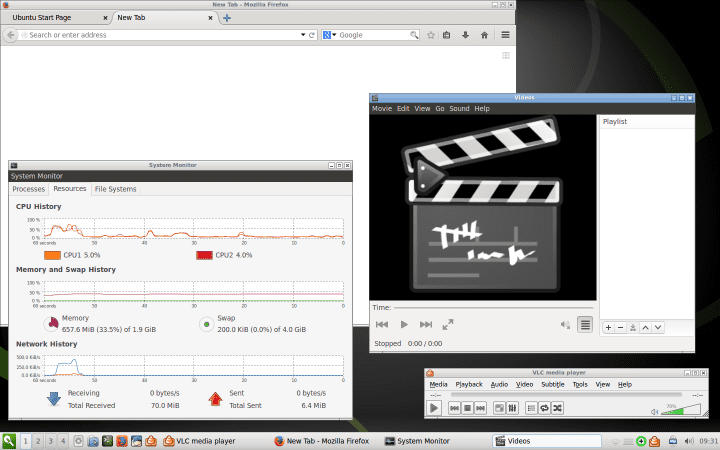Review: Netrunner 14
The new version of Netrunner is here. For some users, the most important part of this release will be its LTS nature. Since Frontier is based on Kubuntu 14.04 it will receive updates for the next 5 years. For others, like myself, the most important part is the new features and improvements over the last iteration. What’s new? Improved System Settings The first thing I noticed was the Web Accounts icon was missing. I was rather surprised by it, then I opened up System Settings and you can still find it there under Social Accounts. Despite my initial surprise (purely… Continue Reading




